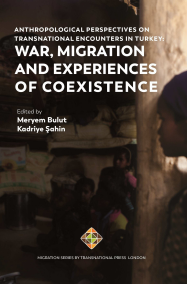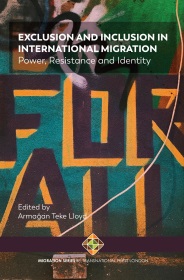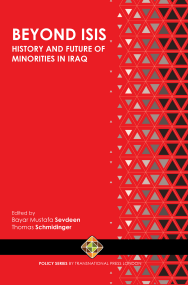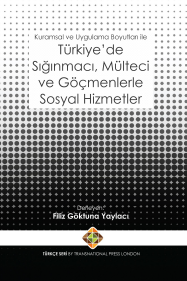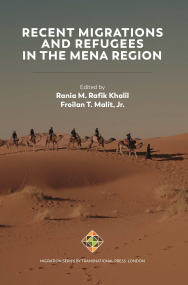
Politics of Hosting Syrian refugees: Cases from Jordan and Lebanon
The 2011 Arab uprisings which has engulfed most of the Arab countries in the Middle East and North Africa had produced dramatic results for the Syrian people. The Syrian uprisings have just entered its eighth year and many Syrian refugees remain in exile as their country continues to face a proxy war. The total number of registered refugees by the United Nations High Commissioner for Refugees (UNCHR) is 5,657,439 (UNCHR, 2019a). The Syrian crisis is mostly characterized as a protracted conflict among the regional as well as global actors having divergent interests pertaining the future of the country, i.e. with Syria under Bashar Assad rule or without Syria. More than 13,5 million people require humanitarian assistance (AUB, 2018) and about 6 million Syrian refugees worldwide are hosted in Turkey, Lebanon, Jordan, Iraq and Egypt. Another 6 million are also internally displaced in Syria. The overwhelming majority of Syrian refugees fled to neighbouring states, primarily to Turkey (3,630,767) (UNCHR, 2019b), Lebanon (944,613c), and Jordan (660,393d).
More...
